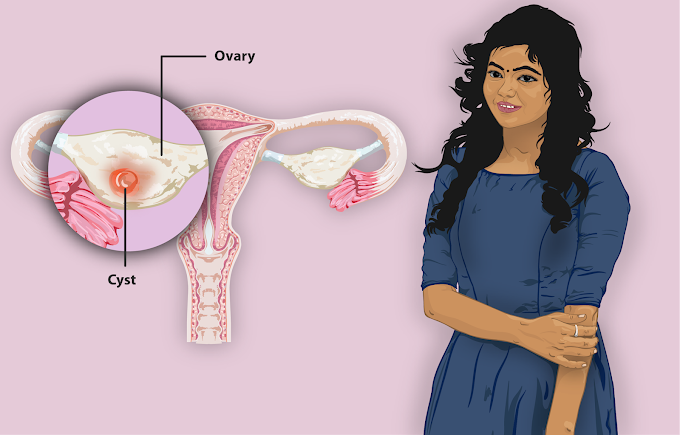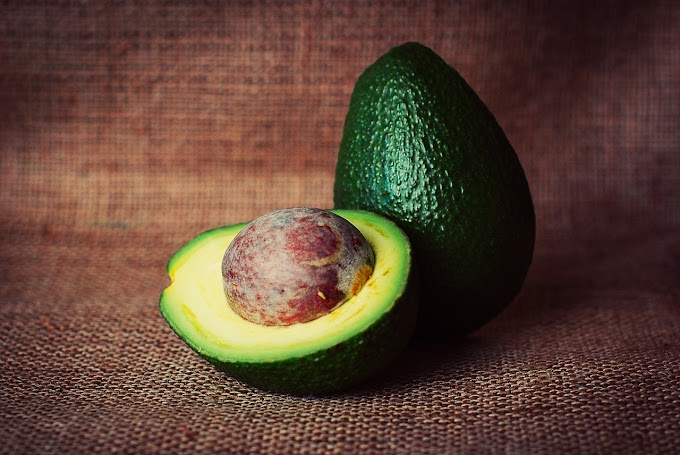Many people want to know how many calories an egg contains, and some people worry about the cholesterol and fat content of the egg. But according to research, eggs are a versatile food, rich in high-quality protein, vitamins, minerals and healthy omega-3 fatty acids. In fact, eggs are healthier than most people think, and there are not as many calories as you think. Therefore, eggs should be an important part of a balanced and healthy diet.
The number of calories in an egg depends on the size of the egg and how it is cooked. Boiled eggs and poached eggs contain less calories and fat than fried and scrambled eggs. Despite the high cholesterol content, most of the content in eggs is unsaturated fat, which is essential in a healthy diet. In fact, as you have seen in this article, most people can eat up to 6 eggs per week without increasing the risk of heart disease.
In order to make wise choices in your diet, it is important to understand the calorie content of eggs.
How many calories are in an egg
The calorie content in eggs largely depends on the size of the eggs. The size of the egg can range from a small egg of about 40 grams to a giant egg weighing about 70 grams. An average-sized egg (about 50 grams) contains about 70 calories.
According to the data from the Ministry of Agriculture, the calories of different sizes of raw eggs and uncooked eggs are as follows:
A medium egg (44 grams) has 63 calories.
Large eggs (50 grams) have 72 calories.
Extra large eggs (56 grams) have 80 calories.
Giant eggs (63 grams) contain 90 calories.
Depending on your cooking method and the food you provide, the number of calories may increase significantly.
Hard-boiled eggs
According to the Heart Foundation, boiled or hard-boiled eggs are the healthiest way to eat hard-boiled eggs.
A hard-boiled egg contains about 78 calories, while a hard-boiled egg contains 72 calories.
Remember, if you use hard-boiled eggs as part of a salad, then ingredients like salad dressing, mayonnaise, or other seasonings will increase the calories of the whole food.
Scrambled eggs
The calorie count of scrambled eggs can be increased significantly, depending on how you prepare them. On average, if you use semi-skimmed milk, the calories in a scrambled egg will be between 90 and 100 calories.
Remember, if you add butter, other fats or cheese during cooking, the heat in scrambled eggs will increase even more.
Fried egg
When frying eggs, you might be surprised that there are no more calories in fried eggs than in scrambled eggs. The USDA says that there are about 90 calories in a large omelet.
Experts say that the risk of heart disease is usually related to the fried egg food, not the fried egg itself. For example, bacon, sausage, and ham all contain large amounts of sodium, saturated fat, or oils containing trans fats. It is worth noting that bacon, sausage, and ham are also the most important of the five carcinogenic foods.
Calories in an egg yolk and egg white
Most of the calories in an egg, as well as all the fat content, are in the yolk. The yolk of a large egg contains about 55 calories and 180 mg of cholesterol. An egg white contains 17 calories and is completely fat-free.
Compared with egg yolk, in terms of nutrition, egg white contains fewer minerals and vitamins. However, most protein comes from protein.









0 Comments